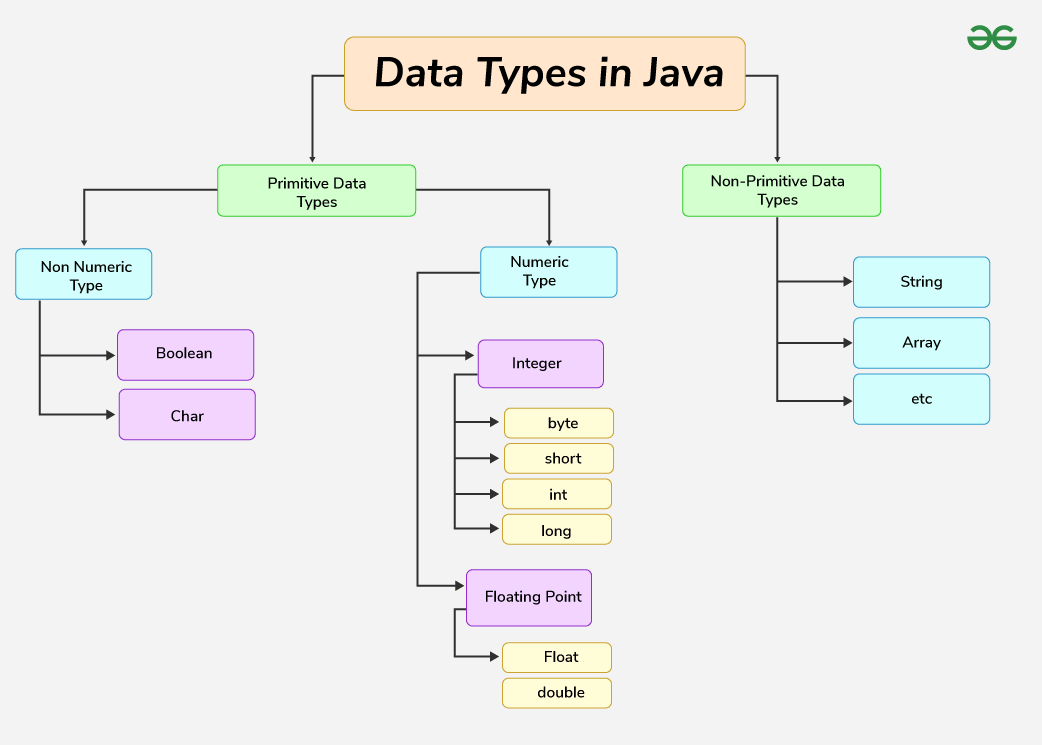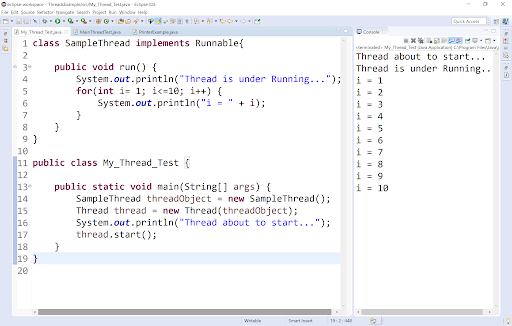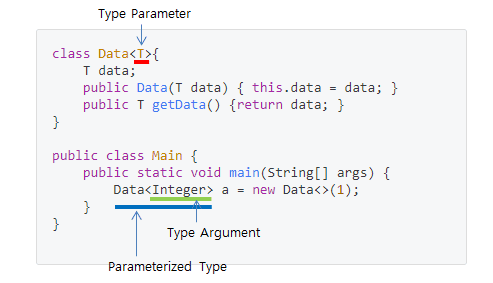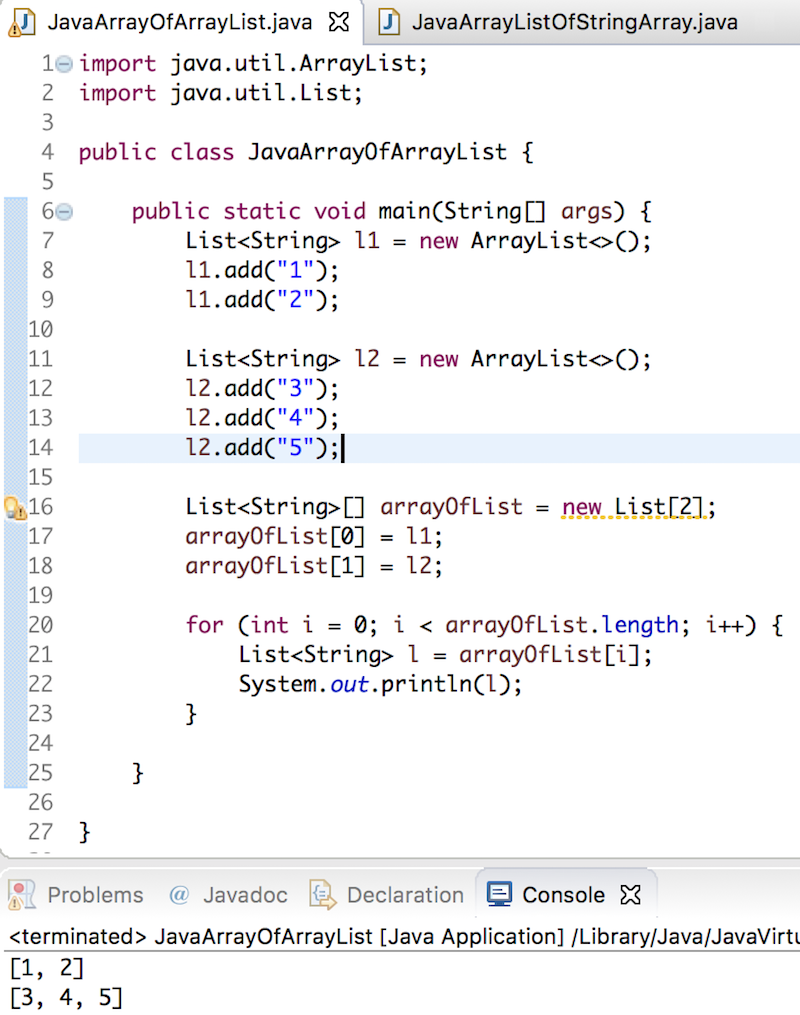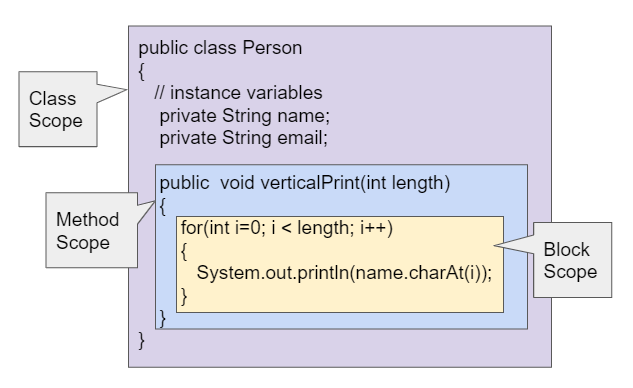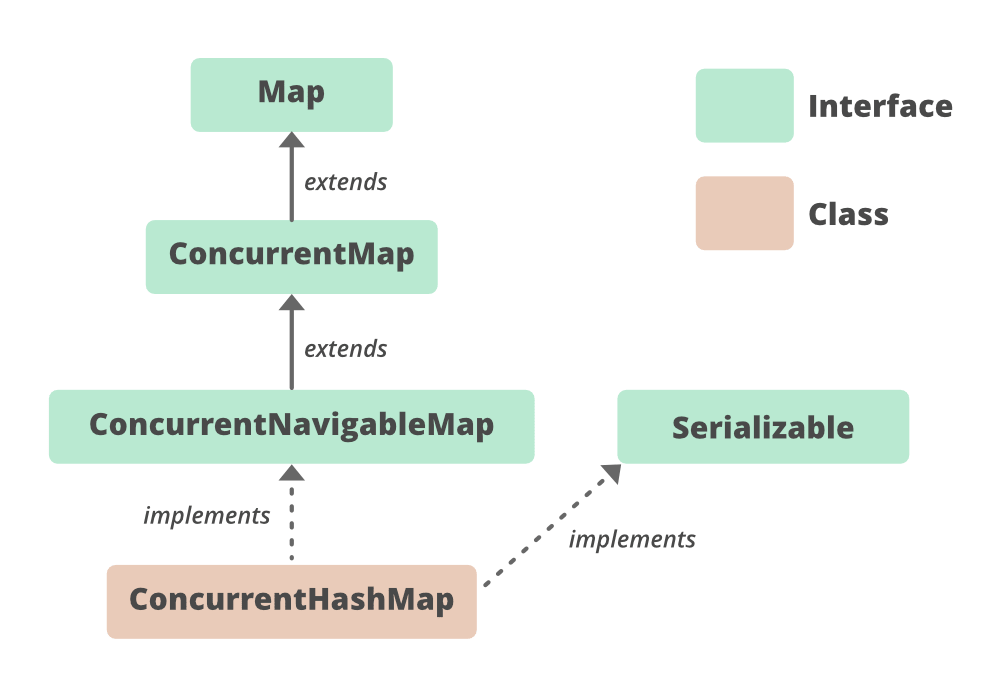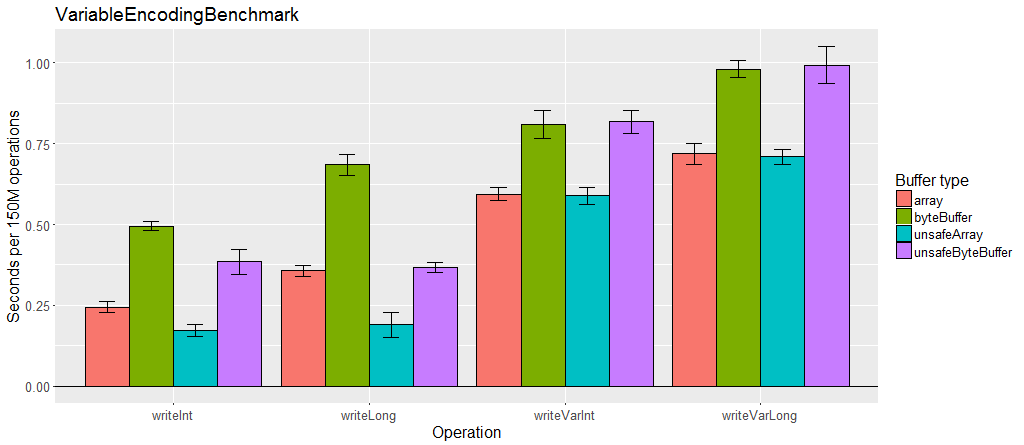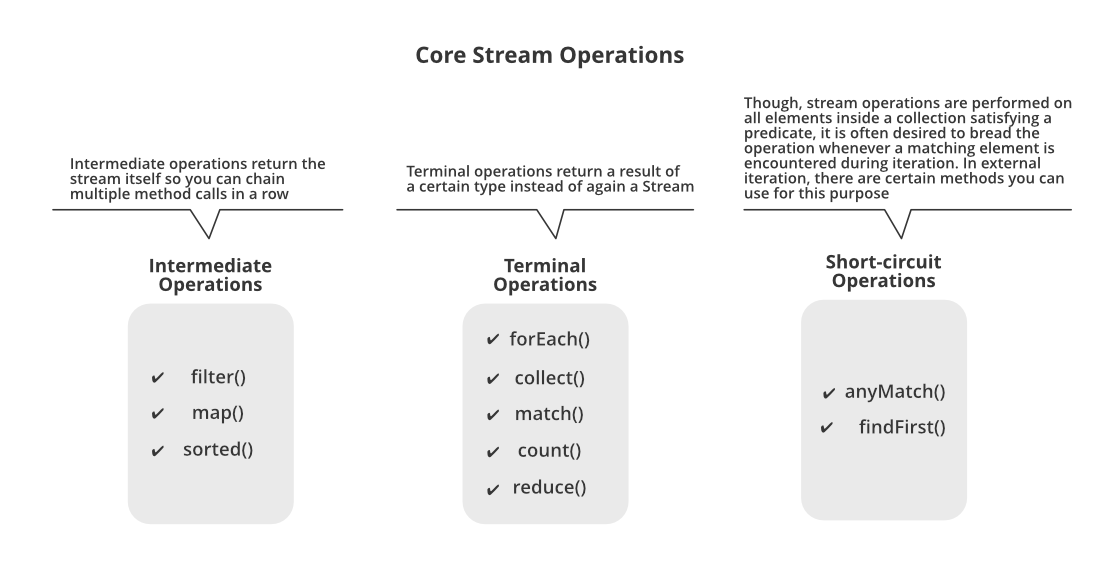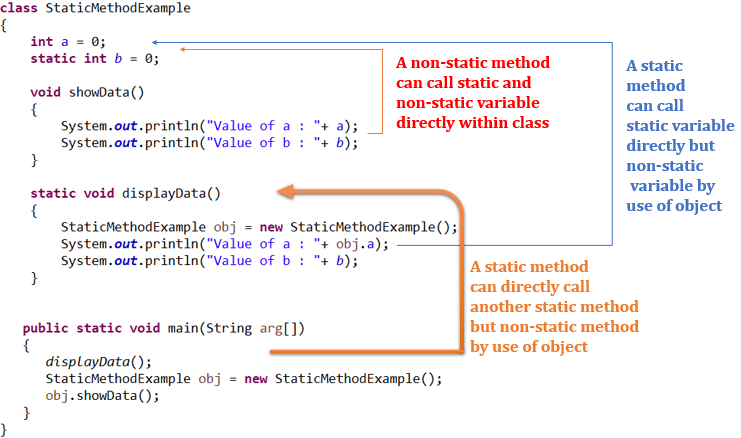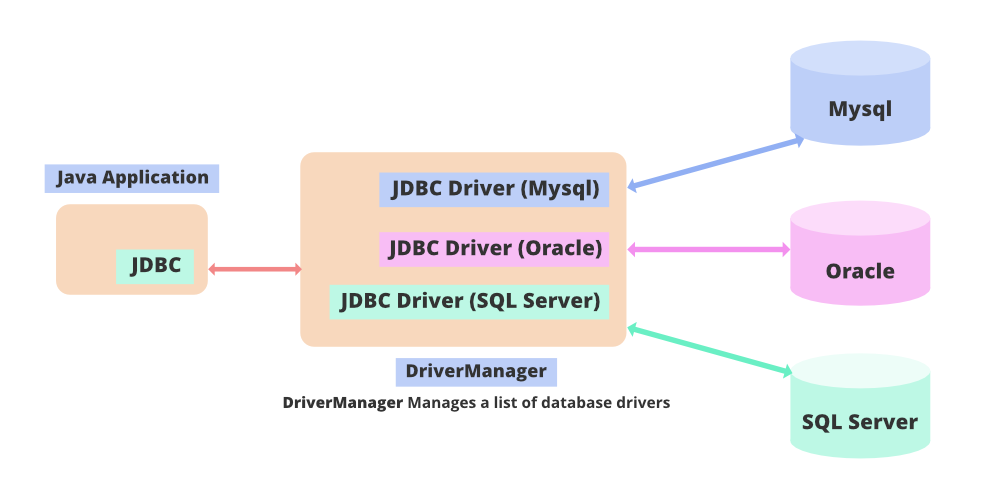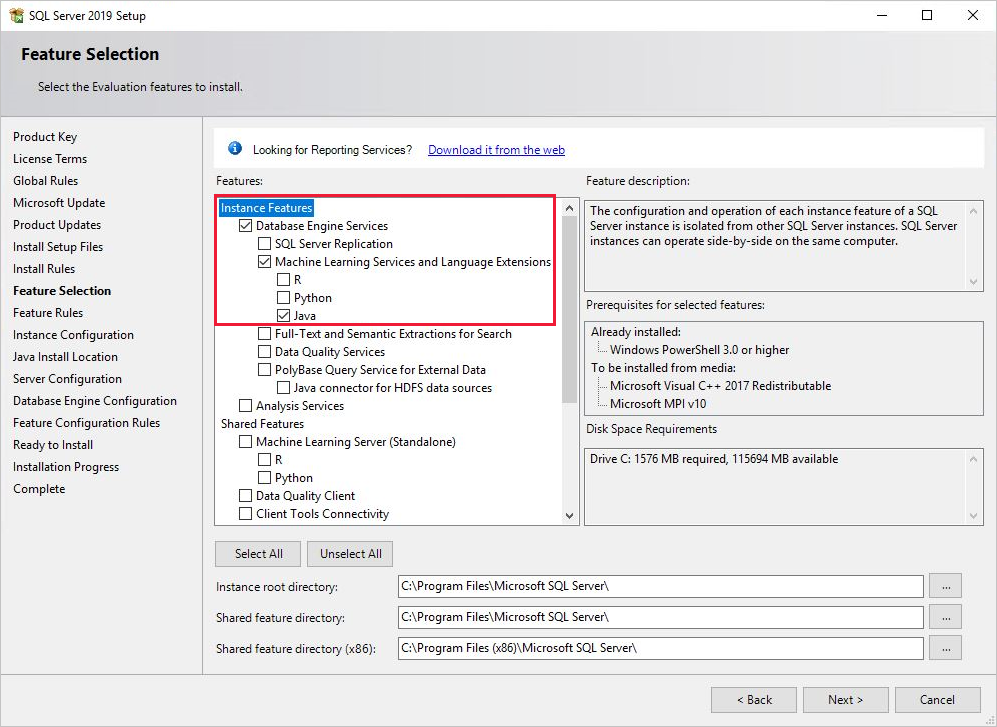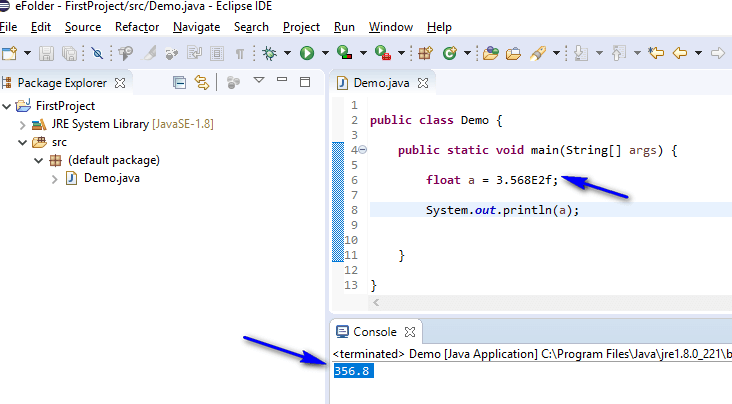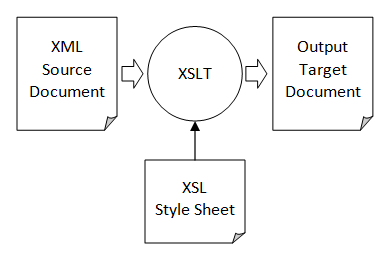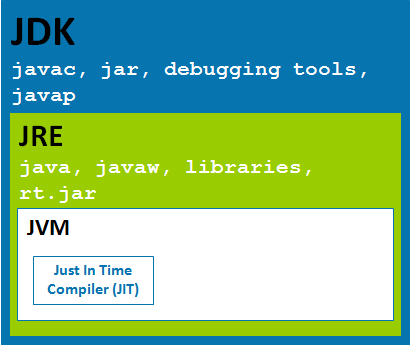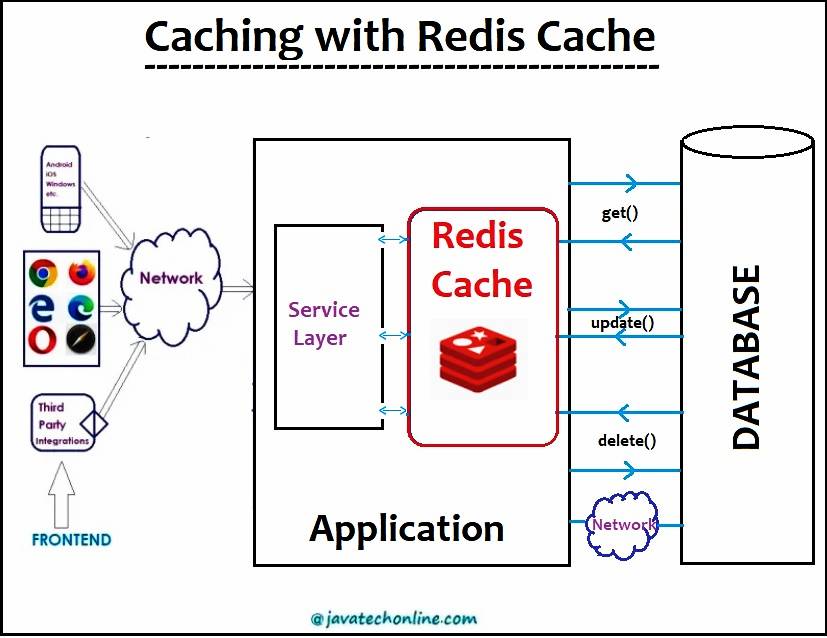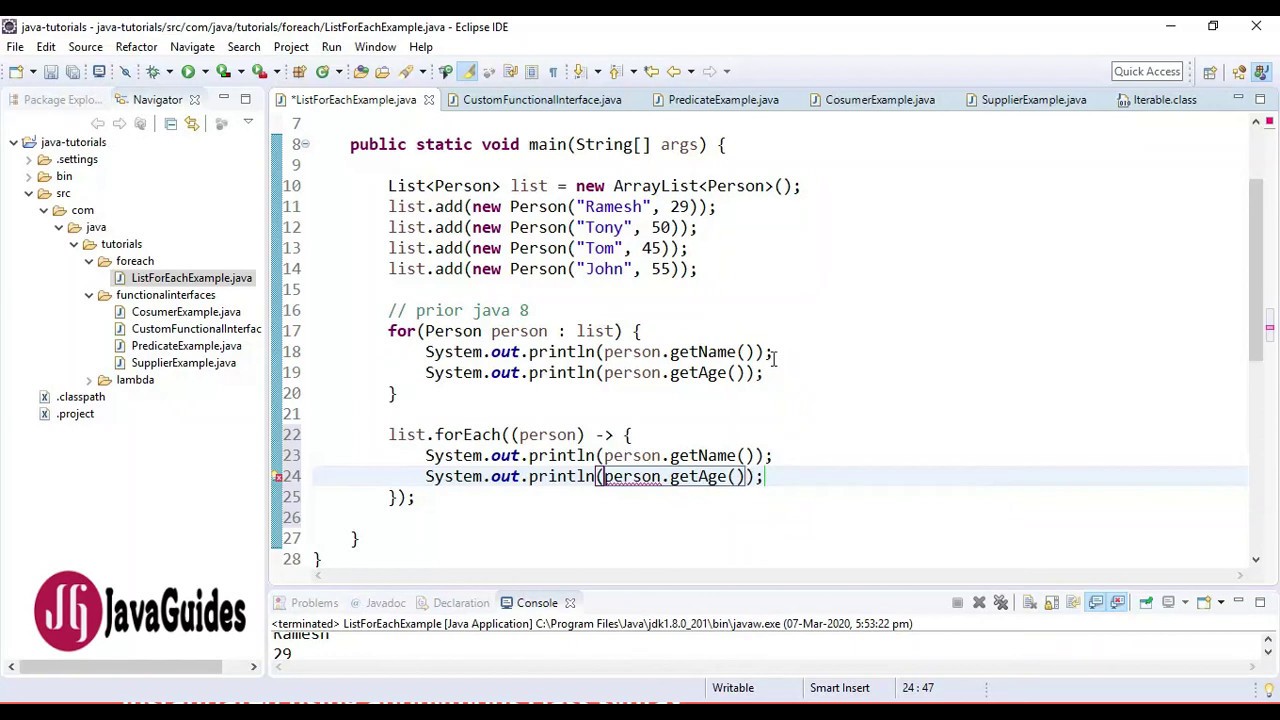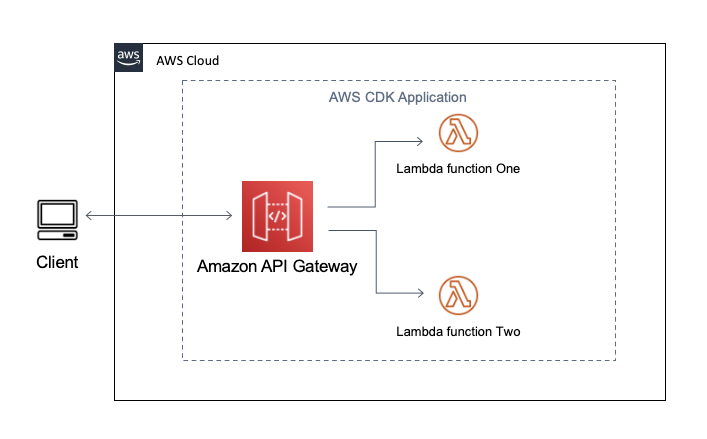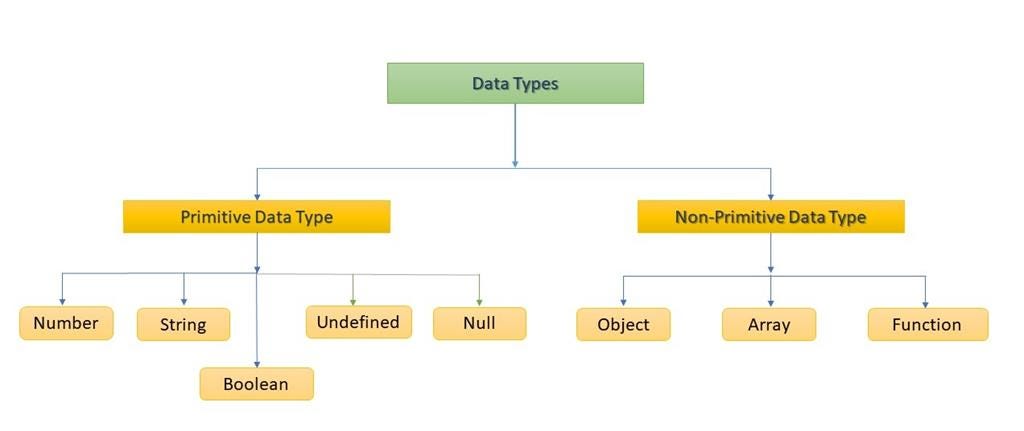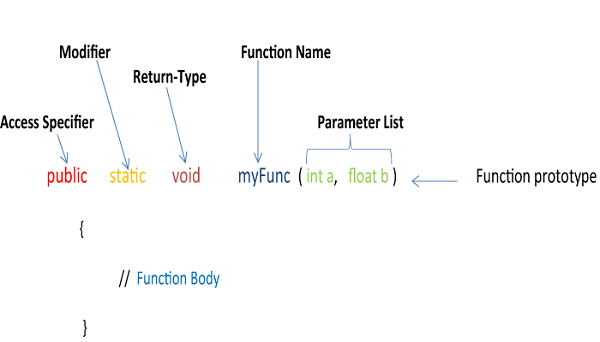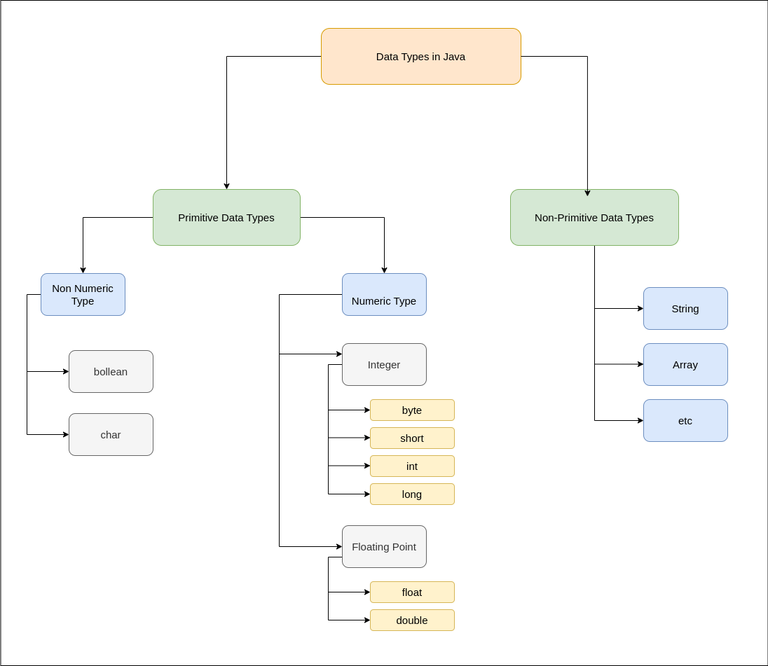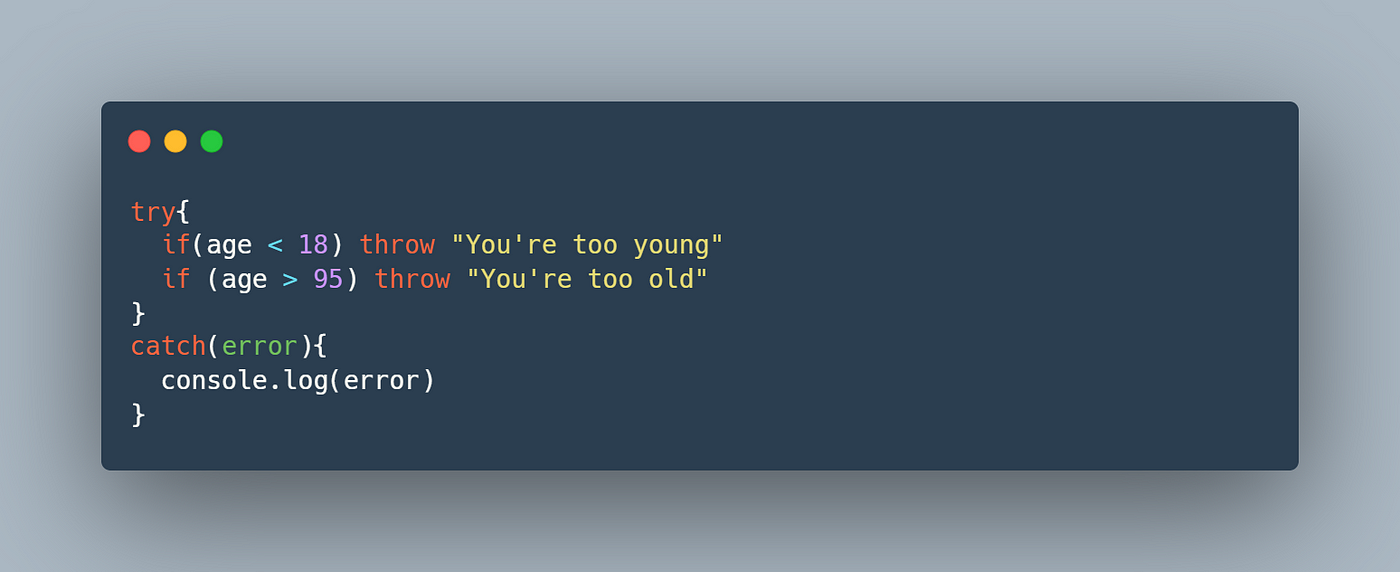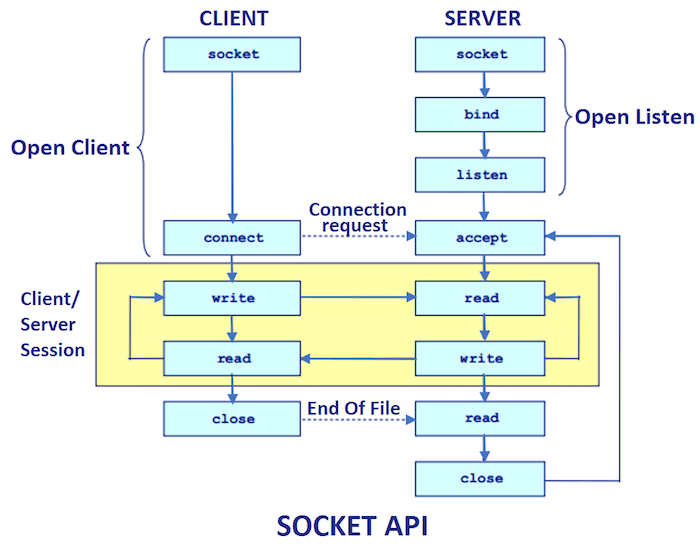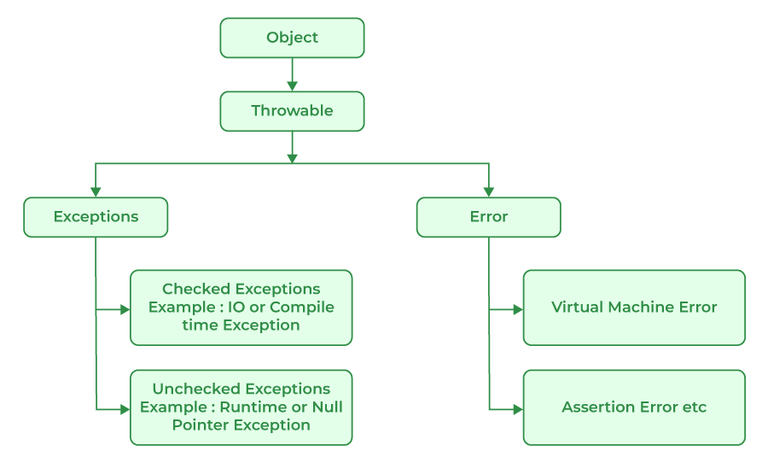why we use static method in java
why we use static method in java
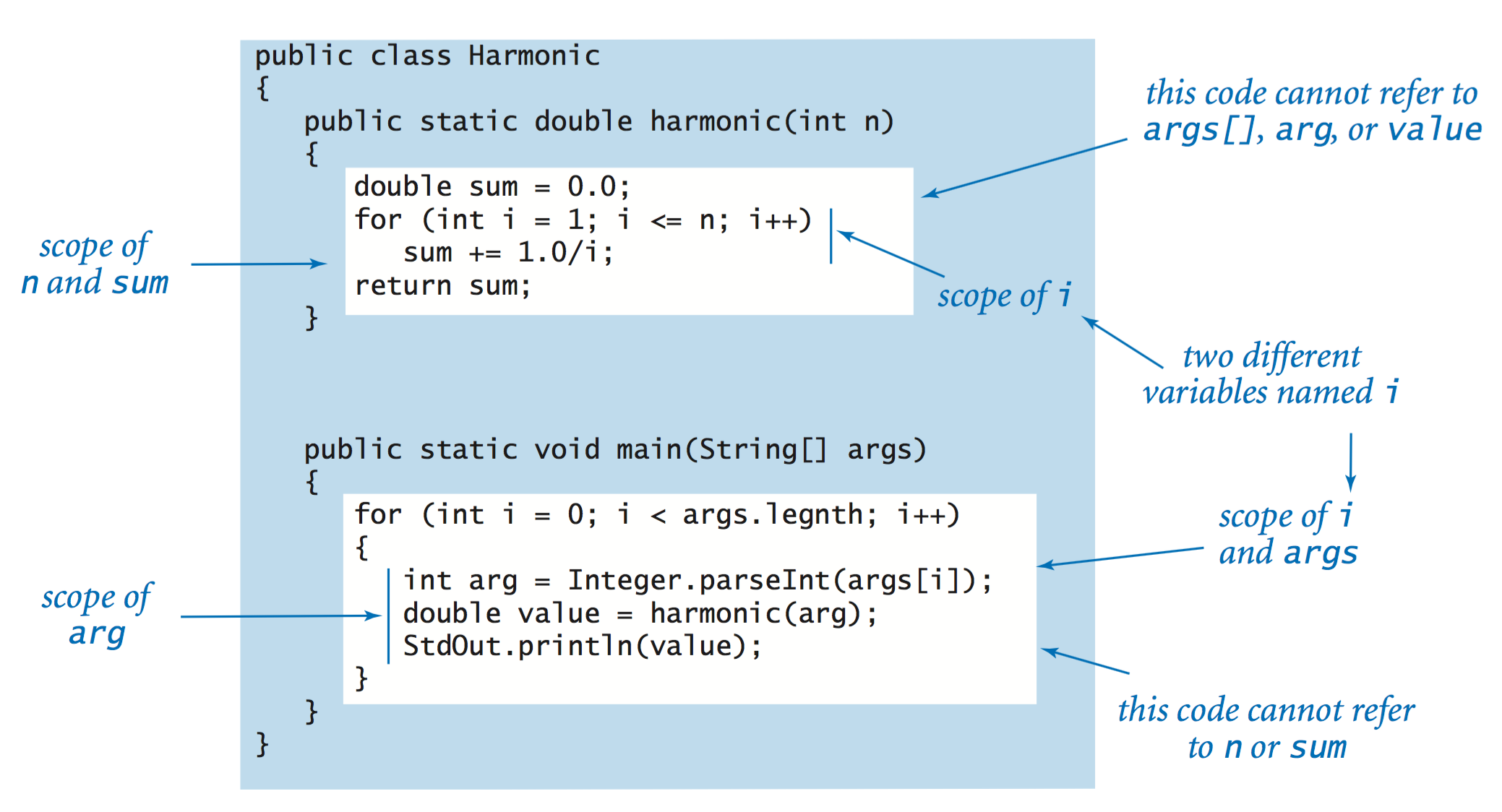
I'll respond in English as per your request!
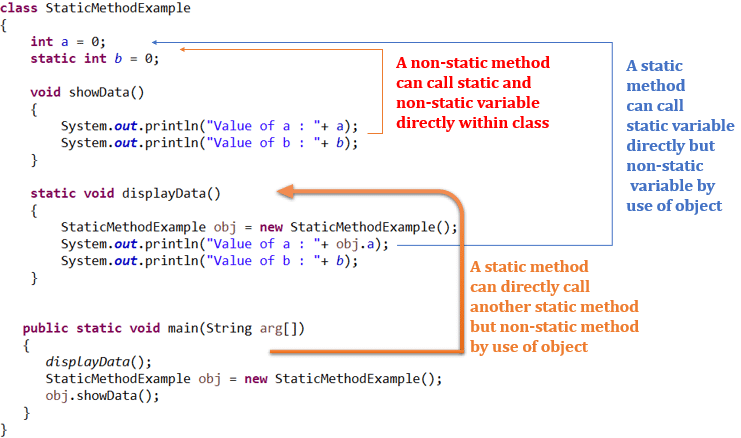
In Java, a static method is a method that belongs to the class itself rather than instances of the class. Static methods are used to provide utility functions or constants that can be accessed without creating an instance of the class.
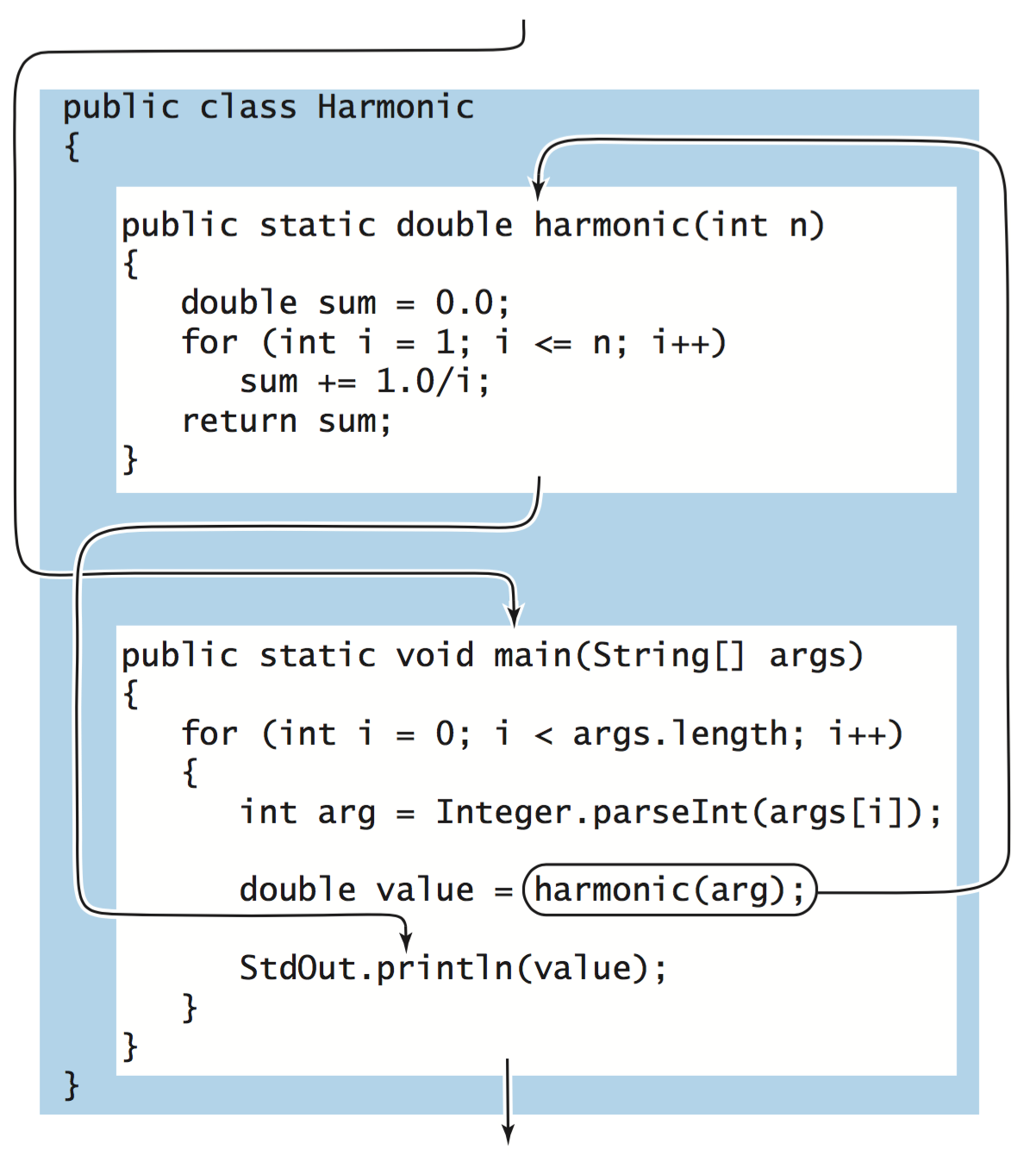
Here are some reasons why we use static methods in Java:
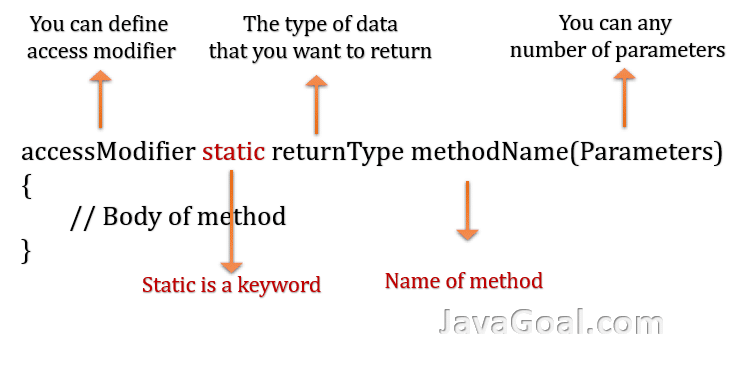
Example:
public class MathUtil {public static int add(int a, int b) {
return a + b;
}
}
int result = MathUtil.add(2, 3);
In this example, you can call the add method without creating an instance of the MathUtil class.
Example:
public class Logger {private static int logLevel = 1;
public static void setLogLevel(int level) {
logLevel = level;
}
public static void log(String message) {
if (logLevel > 0) {
System.out.println(message);
}
}
}
Logger.setLogLevel(2);
Logger.log("Hello World!"); // will print "Hello World!"
In this example, the setLogLevel and log methods are static and can access the shared state (logLevel) without creating an instance of the Logger class.
Example:
public class Counter {private static int count = 0;
public synchronized static void increment() {
count++;
}
}
class Main {
public static void main(String[] args) throws InterruptedException {
for (int i = 0; i < 10; i++) {
new Thread(() -> Counter.increment()).start();
}
Thread.sleep(100);
System.out.println("Count: " + Counter.count); // prints 10
}
}
In this example, the increment method is static and synchronized on the class level. Multiple threads can safely call this method to increment a shared counter without worrying about concurrent modifications.
Example:
public class StringUtil {public static String uppercase(String input) {
return input.toUpperCase();
}
}
String result = StringUtil.uppercase("hello"); // returns "HELLO"
In this example, the uppercase method is a utility function that can be reused across multiple classes and instances without having to create an instance of the StringUtil class.
Example:
public class Logger {private static Logger instance = null;
public static synchronized Logger getInstance() {
if (instance == null) {
instance = new Logger();
}
return instance;
}
}
Logger logger1 = Logger.getInstance();
Logger logger2 = Logger.getInstance(); // returns the same instance
In this example, the getInstance method is a static and synchronized utility function that returns the single instance of the Logger class.
In conclusion, using static methods in Java provides several benefits, including no requirement for an instance, shared state, thread-safety, utility functions, and singleton pattern. These benefits make static methods a valuable tool in your Java programming arsenal!
static method in java with example
I'd be happy to explain the concept of static methods in Java!
What are Static Methods?
In Java, a static method is a method that belongs to the class itself, rather than an instance of the class. This means that you can call a static method without creating an instance of the class.
Example: A Simple Calculator Class
Let's create a simple Calculator class with some basic arithmetic operations:
public class Calculator {public static int add(int a, int b) {
return a + b;
}
public static int subtract(int a, int b) {
return a - b;
}
public static int multiply(int a, int b) {
return a * b;
}
public static double divide(int a, int b) {
if (b == 0) {
throw new ArithmeticException("Cannot divide by zero!");
}
return (double) a / b;
}
}
As you can see, each method is marked with the public access modifier and the static keyword. This indicates that these methods are part of the class itself, rather than an instance of the class.
Calling Static Methods
To call one of these static methods, you don't need to create an instance of the Calculator class:
int result = Calculator.add(2, 3); // returns 5System.out.println(result); // prints "5"
result = Calculator.subtract(4, 2); // returns 2
System.out.println(result); // prints "2"
As you can see, we're calling the add method directly on the Calculator class, without creating an instance of the class. This is possible because static methods are tied to the class itself, rather than an instance.
Why Use Static Methods?
Static methods have several advantages:
Convenience: You can call a static method without creating an instance of the class. Efficiency: Because you don't need to create an instance, static methods can be more efficient than instance methods. Singleton Pattern: Static methods provide a simple way to implement the singleton pattern (only one instance of a class is allowed).Caveats
While static methods are useful, there are some caveats to consider:
No access to non-static members: Because a static method doesn't have access to an instance's state, you can't call non-static methods or access non-static fields. Not part of the instance's state: Static methods don't participate in the instance's state; they're more like utility functions that belong to the class itself.In summary, static methods are useful when you need a method that belongs to the class itself, rather than an instance of the class. They provide convenience, efficiency, and can be used to implement the singleton pattern. However, keep in mind that static methods have limitations regarding access to non-static members and participation in the instance's state.
I hope this explanation helps!
